In the wastewater treatment world, biosolids are often seen as the ultimate recycling success story. Biosolids are the nutrient-rich organic byproducts resulting from wastewater treatment and over 60% of biosolids produced nationally in the U.S. are land applied. They are used in agriculture, landscaping, forestry, and even by homeowners on lawns and gardens. Although biosolids are under scrutiny once again due to the source of their composition—human and industrial waste—preliminary evidence suggests that the beneficial use of biosolids rests on solid ground.
To learn more about the future of biosolids, new Babcock staff member, Colleen Thompson, interviewed Greg Kester, Director of Renewable Resource Programs at the California Association of Sanitation Agencies (CASA). Greg is the subject matter expert when it comes to emerging issues regarding all renewable energy, recycled water, biosolids, and climate change mitigation. “Biosolids have a plethora of benefits, they assist in creating healthy soils which help crop growth, they are significant mitigators of climate change, reduce irrigation use, offset the use of inorganic fertilizers, and essentially are the best example of recycling,” said Kester. In fact, many agricultural areas depend on biosolids to help…

